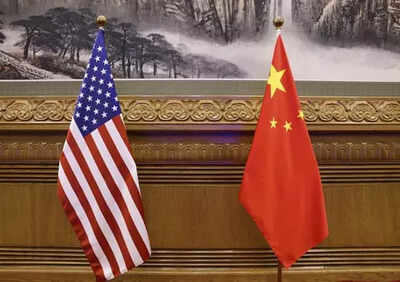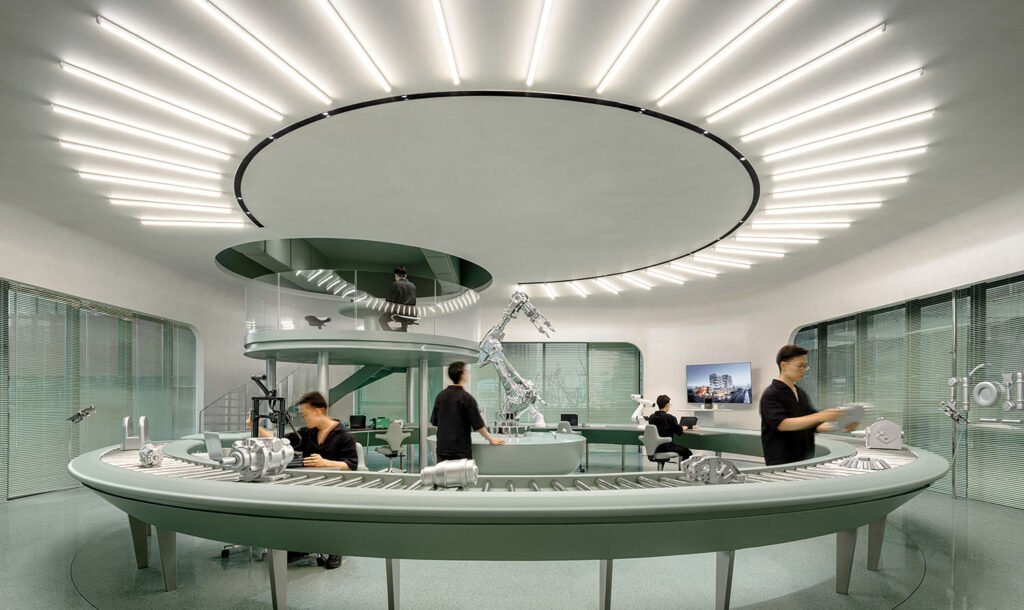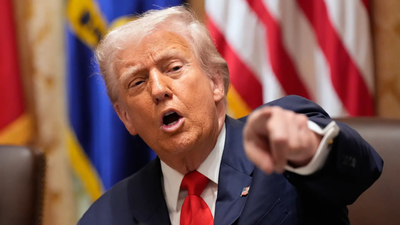
Alibaba Group chairman Joe Tsai has challenged the prevailing narrative of US-China artificial intelligence competition, arguing that the race has no definitive winner because success should be measured by adoption speed rather than model superiority. “When it comes to AI, there’s no such thing as winning the race. It’s a long marathon,” Tsai said at the All-In Summit 2025 in September, with recordings posted Wednesday. He emphasised that the AI race isn’t about who builds the biggest or most powerful model — it’s about who can deploy AI faster.Tsai said the US should focus more on adoption and diffusion of AI instead of spending billions on developing larger models. He argued that “every week there’s a model that’s leading, but then the next week another model overtakes them,” making model superiority a fleeting achievement.
China’s lean approach versus America’s massive spending strategy
The contrasting strategies between the two nations highlight fundamental differences in AI development philosophy. US tech companies have been spending billions, with Meta expecting to spend $600 billion on AI infrastructure through 2028, while OpenAI and Oracle announced plans for a $500 billion data center project.Meanwhile, China’s AI play focuses on lean, efficient models — cheaper, lighter, and easier to deploy. DeepSeek’s R1 model, which disrupted the AI industry and US stock market earlier this year, rivals top competitors but was built at a fraction of the cost.Tsai highlighted China as an example of faster adoption, noting companies are embracing open-source and smaller models optimised for real-world use on mobile devices and laptops.
Real-world application matters more than technological supremacy
Nvidia CEO Jensen Huang echoed similar concerns about America’s adoption pace. Huang said China’s under-regulation at the industrial level makes the country “quick in adopting new technology,” with the country aiming for 70% AI adoption by 2027.“I’m not saying China technologically is winning in the model war, but in terms of the actual application and also people benefiting from AI, it has made a lot of development,” Tsai stated.Instead of trying to outbuild leading players like OpenAI, China focuses on rolling out AI across everyday tech at breakneck speed, which could prove just as crucial as model quality in determining overall AI competitiveness.








